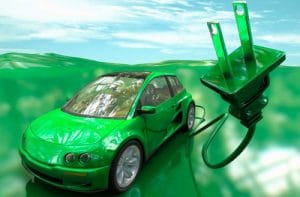The Automotive Research Association of India (Arai) has successfully tested lithium-ion batteries developed by the Vikram Sarabhai Space Centre for use in two- and three-wheelers, a development that is expected to provide a fillip to India’s electric vehicles (EV) push.

The government is now planning to transfer the technology to companies for commercial production of these batteries, and will also set up a central agency to lead the country’s EV programme. This was decided at a meeting chaired by road transport and highways minister Nitin Gadkari on Friday.
India’s initiatives on solar energy and electric vehicles are closely linked. The country plans to generate 175 gigawatts (GW) of renewable energy capacity by 2022. Of this, 100GW is to come from solar power projects. With storage being the next frontier for India’s clean energy push, the batteries in EVs offer a potential solution
India’s EV programme would help with grid balancing, besides complementing the government’s push for solar power, which is generated during the day and can be stored in EV batteries.
Bhel is exploring the feasibility of manufacturing cells and batteries with technology developed by the Indian Space Research Organization (Isro) for application in electric vehicles. Enthused by the market potential for EVs in India, state-owned firms such as Bhel, Power Grid Corp. of India Ltd (PGCIL) and NTPC Ltd are looking at new businesses catering to the space.
By Baishakhi Dutta





























